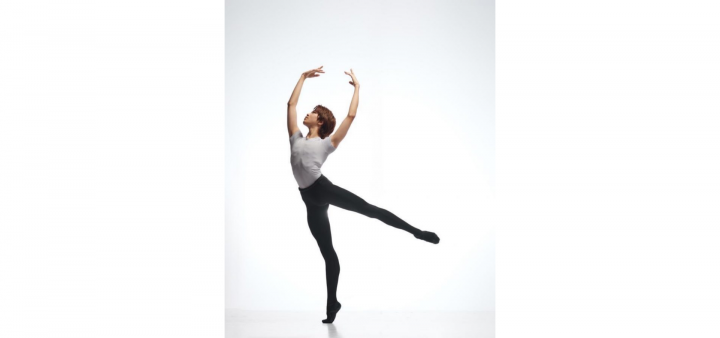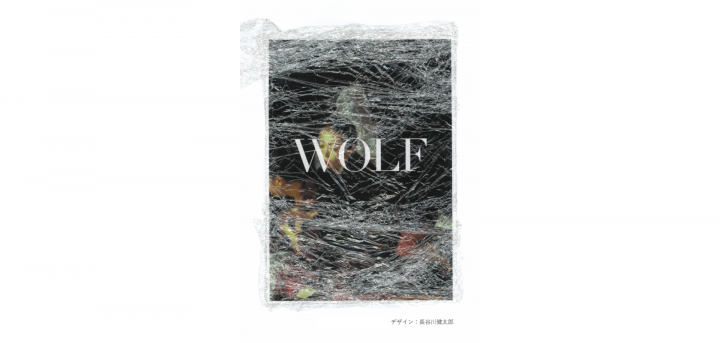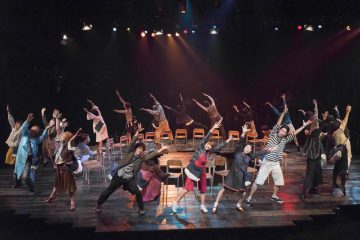Encountering a Japanese-Vietnamese co-production of Russian theater in Yokohama's Izumi Ward
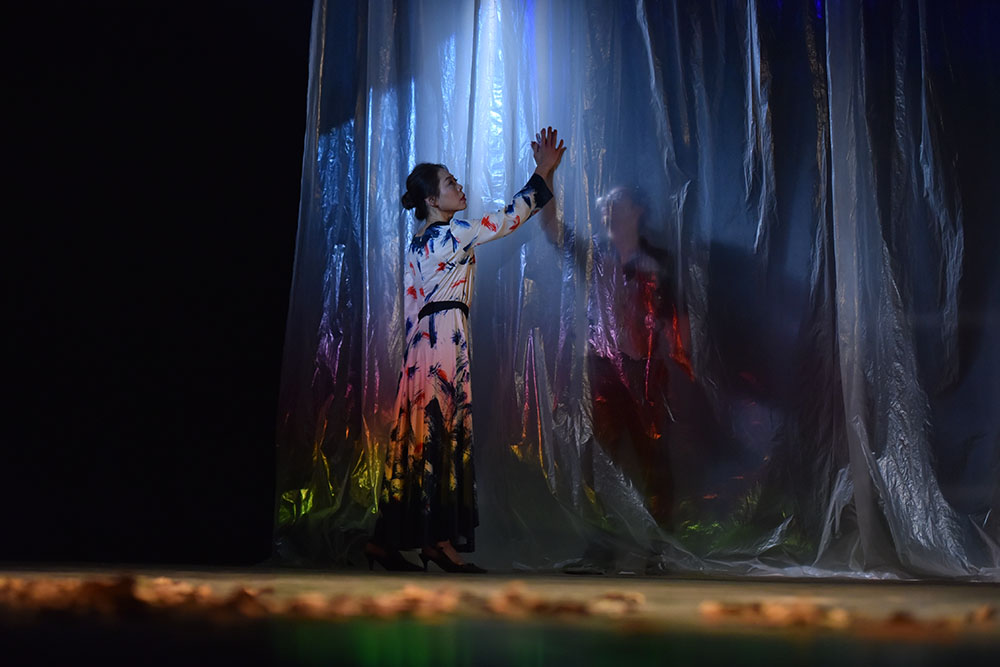
The place where plays are born
File.8 "Uncle Vanya"
Koichi Imai (editor/writer)
The Wall-less Theater Center is an organization whose concept is to "bring together people involved in the performing arts, regardless of culture, ethnicity, nationality, or affiliation, as a united community to build mutual understanding and use theater as a medium to engage with society." Participants include director Tsuyoshi Sugiyama, Muneshige Hiroyuki of the Black Tent Theater Company, set designer Chika Kato, and actor Tsai Hemi. As part of an international co-production between Wall-less Theater Center and the National Vietnam Youth Theater, a three-year collaborative production of "Uncle Vanya," directed by Sugiyama, will be performed at Yokohama's Izumi Community Cultural Center, Teatro Fonte.
Interestingly, Izumi Ward was once the site of a Vietnamese refugee center and is also home to many second- and third-generation Vietnamese residents of Japan.
First, I would like to introduce Sugiyama Tsuyoshi.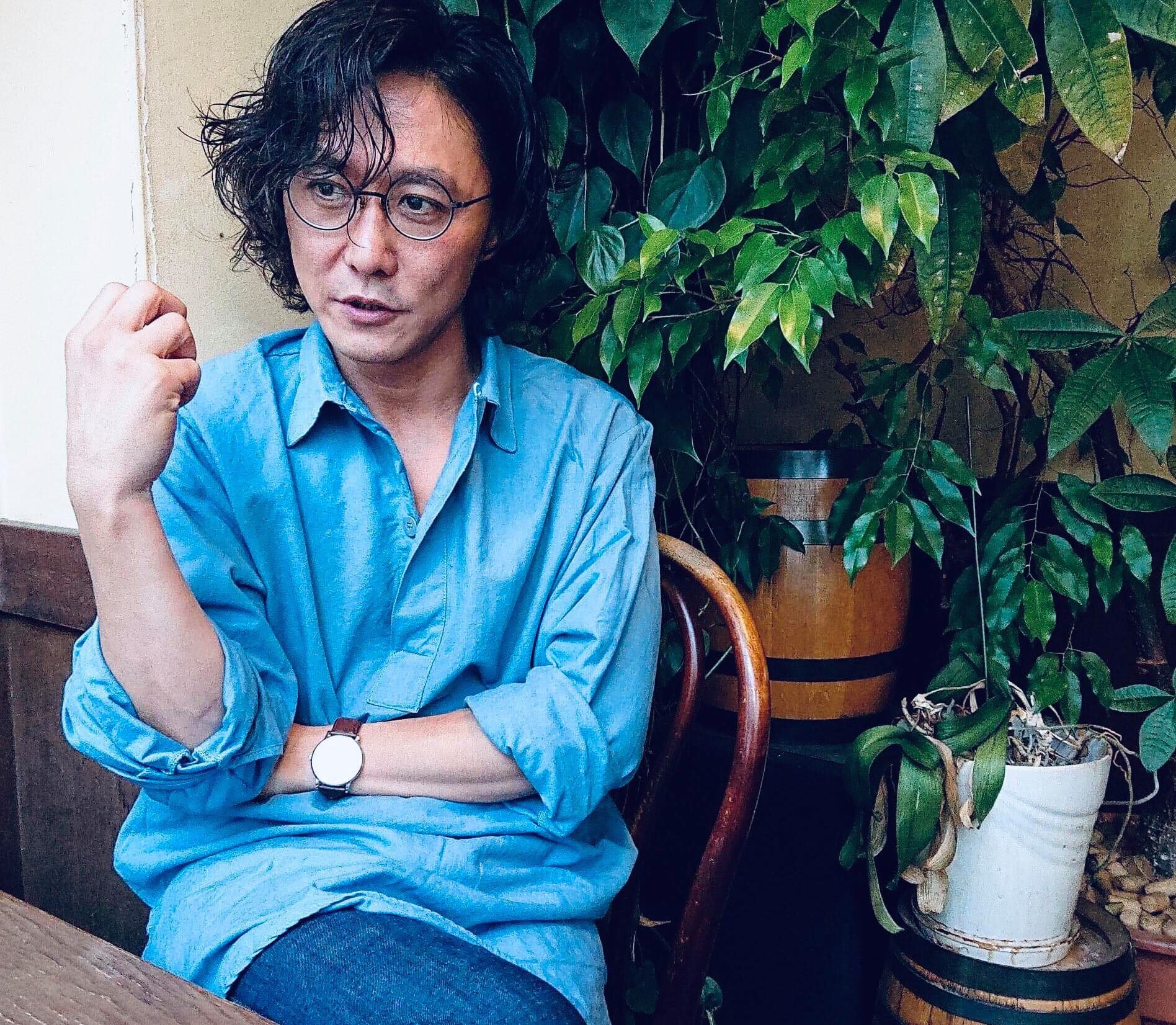
Sugiyama aspired to be an actor and studied under a professor at the Paris Conservatoire, who also served as assistant director to Peter Brook. From 2008 to 2010, he was a trainee director at the Moscow State Theatre of Soviet Theatre, where he studied directing under Yuri Yeremin, the associate artistic director and director.
Meanwhile, in Japan, he founded the theater company A La Place. After meeting Muneshige and others and performing in Serbia, he founded the general incorporated association "Theater Center Without Walls," with the aim of participating in overseas festivals and international co-productions. To date, he has mainly conducted theater workshops in Thailand, the Philippines, and Vietnam.
"In 2014, the Japan Foundation sponsored a program to invite people involved in the performing arts from Vietnam to Japan for around three months. At that time, I was running a long-term actor training workshop, and they asked me to accept actors from the Vietnam National Youth Theatre. It was only supposed to be a one-day event, but it ended up lasting for about a week because it was so much fun."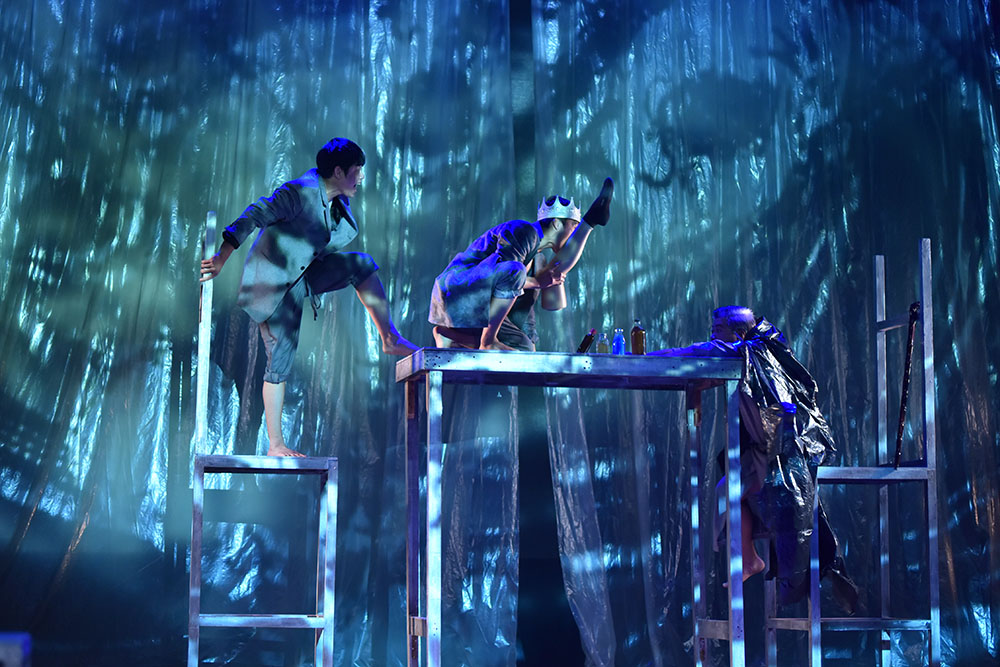
Through this connection, in 2016 Sugiyama's production of Chekhov's "The Seagull" was invited to the Vietnam International Theatre Festival in Hanoi (and later invited to international theatre festivals in Serbia, Bosnia and Herzegovina, and Croatia). There he reunited with members of the Vietnam National Youth Theatre and held a workshop. He won the Best Play and Best Director awards at the festival. These experiences led to this production of "Uncle Vanya."
"They liked 'The Seagull' so much that we decided to create a new work over a three-year period starting in 2017. In the first year, we did research and held workshops, sharing our creative methods. In the second year, we stayed for about two and a half months to create a work, which we then toured in Hanoi and around Vietnam. Then, in the third year, we decided to perform it in Japan, which is how we got to this year."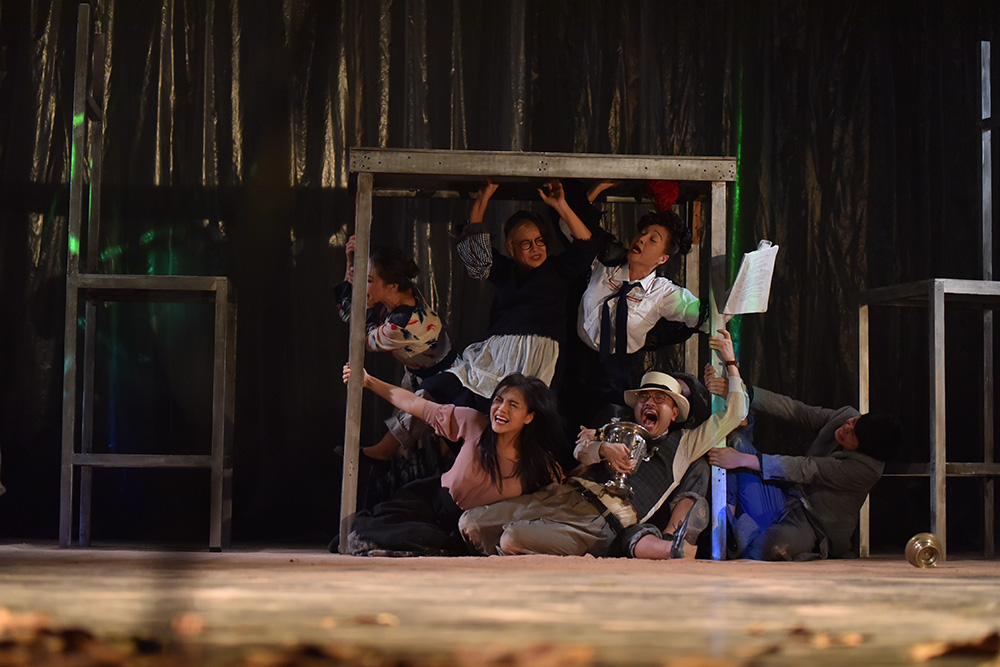 Sugiyama's acting and directing skills have their roots in the Russian Stanislavsky system. In fact, acting education in Vietnam is also heavily influenced by Russia. As a result, there is a common language and understanding, which makes working with him very easy.
Sugiyama's acting and directing skills have their roots in the Russian Stanislavsky system. In fact, acting education in Vietnam is also heavily influenced by Russia. As a result, there is a common language and understanding, which makes working with him very easy.
"In Vietnam, plays from Shakespeare to modern playwrights are performed. But there's a sense that something needs to change in order to bring the country into line with other Asian countries and create a unique identity. And despite the strong Russian influence in theater, it seems that Chekhov had never been performed in the past. Actually, I heard that they had tried several times but were unsuccessful and never produced a play. One of their goals was to revive Chekhov's works in the modern era, attracting the interest of young audiences, among others. And they liked my play The Seagull, from its style to its structure and approach, so they decided to work together. In that sense, too, this project was important for contemporary Vietnamese theater. It's precisely because Vietnam has such a painful history that I sense a kind of vitality from the Vietnamese people, trying to maintain a positive attitude and overcome obstacles. But there is also an underlying sadness, and I feel that this is something that connects with Chekhov's works."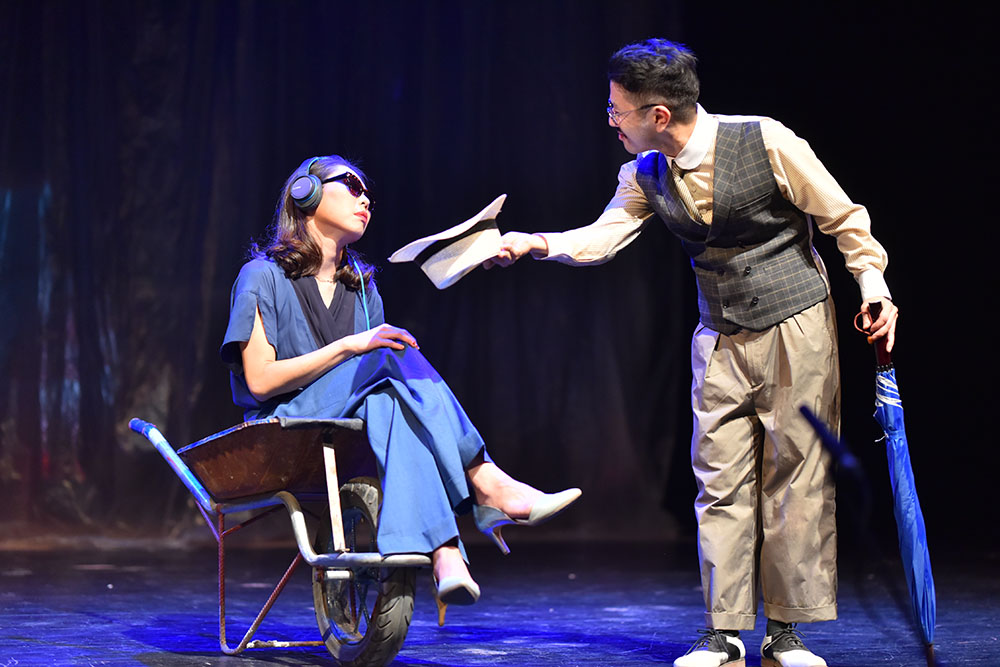 Here's the synopsis of "Uncle Vanya."
Here's the synopsis of "Uncle Vanya."
For a long time, Vanya, his mother Voynitskaya, and his niece Sonya have been living peacefully at their country estate with their nanny Marina and freeloader Telegin. Then, Sonya's father, Serebryakov, who has retired from his job as a university professor, and his second wife, Elena, arrive. With Serebryakov's doctor, Astrov, also involved, life at the estate changes dramatically. The uncontrollable emotion of love begins to overwhelm, and their lives begin to heat up and intersect. Then, Serebryakov makes a major announcement that shakes everyone up.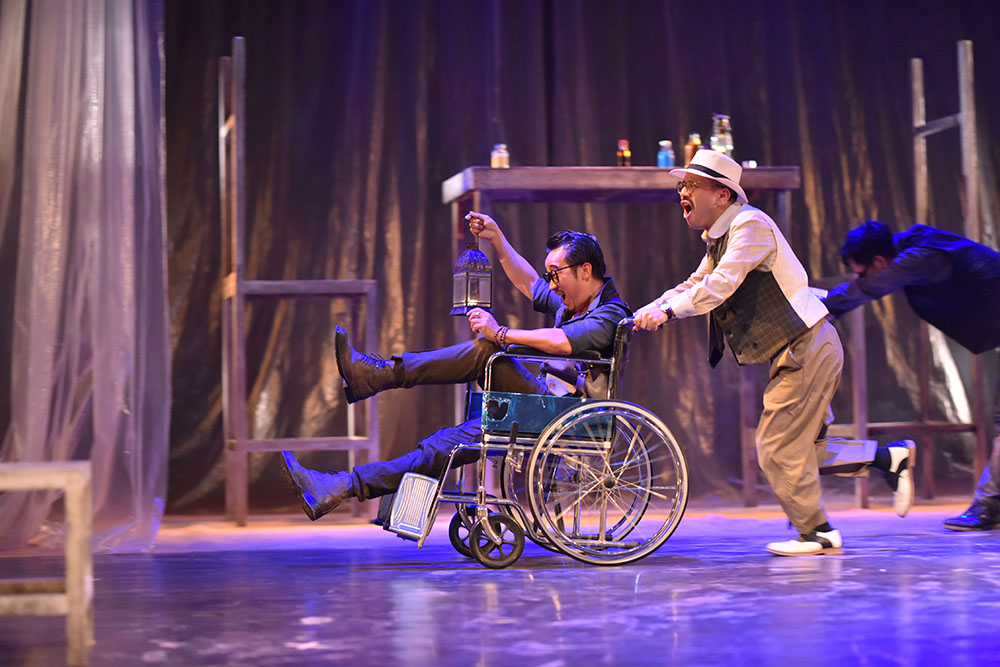
"When you think of Stanislavski, you might think of graphic realism. But my direction, while of course respecting the original work to the utmost, is modern in terms of visuals, hearing, and sensibility in order to reach a modern audience, and is characterized by a wide range of expressions that make full use of metaphors. I see 'Uncle Vanya' as the story of two people with different worldviews: one who seeks true beauty, and the other who seeks vanity. I wanted to express in every way possible the impossibility of these two people understanding each other, coexisting, or harmonizing with each other. Those who seek true beauty value the fundamental, primordial part of humanity - loving others, living together, and other connections. In contrast, those who seek vanity are self-centered, coming from the city, and obsessed with status, fame, and technological advances, forgetting that their lives depend on coexistence with others. I explored with the actors what metaphors we could use to portray the differences between these two, leaving as much to the audience's imagination as possible."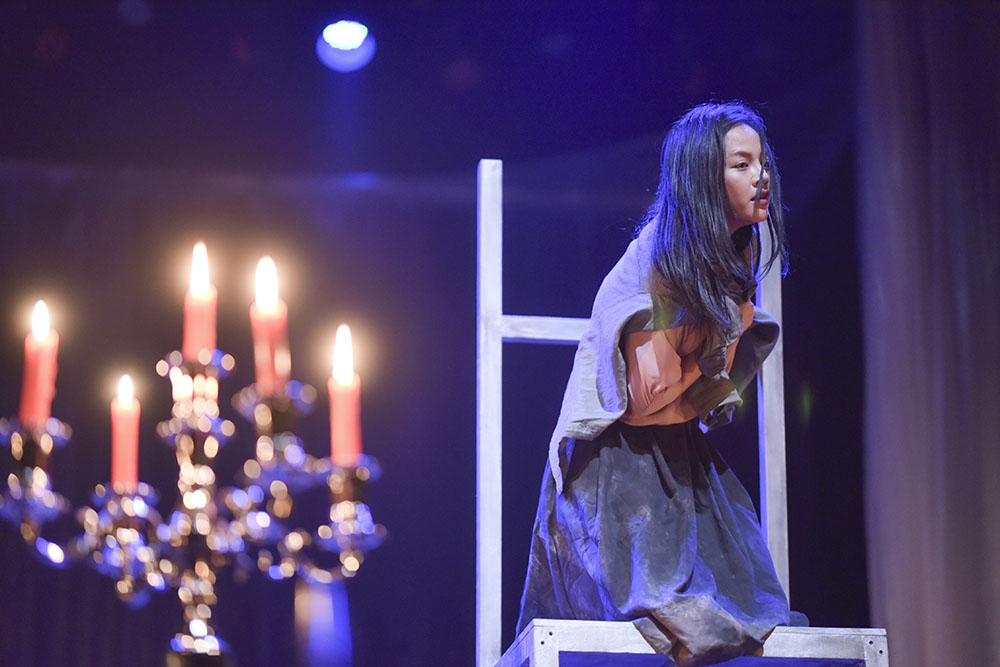
When Chekhov's works are mentioned, they tend to have an image of being dark, gloomy, and boring, and this is also the case in Vietnam. This makes them difficult for theater fans to accept, but Sugiyama's direction is passionate, dynamic, and fast-paced. Uncle Vanya has been performed as an official repertoire piece at the Vietnam National Youth Theatre since 2018. Then, in October, it was announced that it had won the Best Play and Best Lead and Supporting Actor awards at the Vietnam International Theatre Festival, which saw 21 works participate from eight countries: Hungary, Israel, India, South Korea, China, Singapore, Greece, and Vietnam.
"Winning the award has made me even more determined to have Japanese audiences enjoy our work. I don't think the Japanese theater world is particularly aware of what Vietnamese performing arts are like, so I hope this will be an opportunity to share the high quality and appeal of our work. Furthermore, there are now many Vietnamese people working in Japan, so I would be happy if this performance could draw attention to them."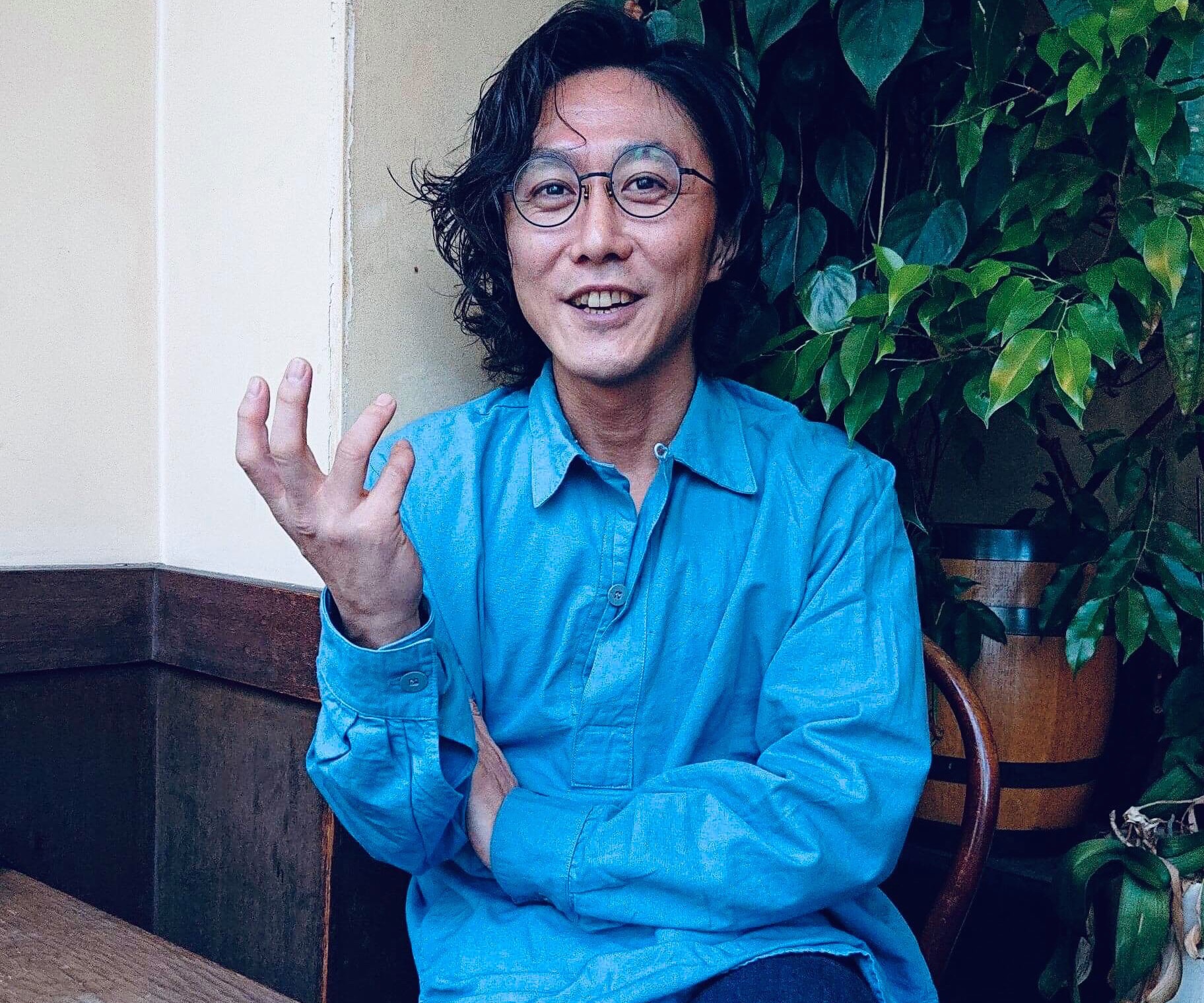
This event has now ended.
Japan-Vietnam Contemporary Theatre Joint Project
"Uncle Vanya"
[Date and time] Tuesday, November 26, 2019 Doors open at 14:30 / Performance starts at 15:00
[Venue] Yokohama City Izumi Community Cultural Center Teatro Fonte
[Author] Anton P. Chekhov
[Translation] Kiyoshi Kansei
[Direction/Composition] Tsuyoshi Sugiyama
[Art] Chika Kato
[Dramaturg/Planner] Muneshige Hiroyuki
[Cast]
Le Khanh, Duc Que, Thanh Binh, Quynh Duong, Tu Quynh, Phuong Thuy, Thanh Duong, Tu Wine, Manh Hoang, Tsai Hemi, Takashi Matsuda, Kiyotaka Nishimura, Asaki Nakamura, Tung Anh
[Tickets (all seats reserved, tax included)] General admission 3,000 yen / Same-day admission 3,500 yen, students and foreign nationals 1,500 yen
*Preschool children are not allowed to enter.
[Ticket reservations and sales] Ticket Kanagawa Tel. 0570-015-415 (10:00-18:00)
[Inquiries] K. Planning TEL. 03-3419-6318
《Travel information》
[Date and time] November 22nd (Friday) to November 24th (Sunday), 2019
[Venue] Theatre Tram (Setagaya-ku, Tokyo)
